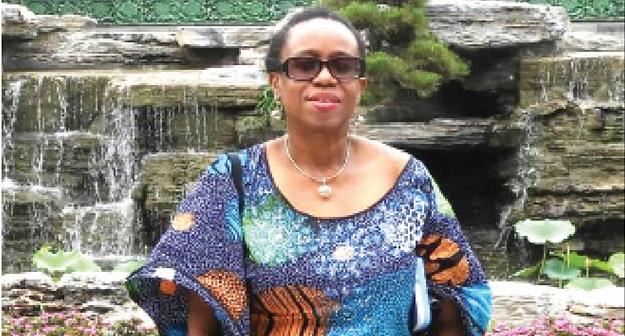The Network of Female Professionals in Water, Sanitation and Hygiene (FEMinWASH) has called for the inclusion of women in operation and maintenance of water facilities.

FEMinWASH Chairperson, Dr Boluwaji Onabolu, made this call at a news conference in collaboration with the FCT Rural Water Supply and Sanitation Agency (RUWASSA) in Abuja on Friday, January 27, 2023.
According to her, inclusion of women in operation and maintenance of water facilities will go a long way to promote sustainability and overall improvement of lives for the populace.
Onabolu said findings from the WASHMATA Initiatives/Bank of Industry and FCT RUWASSA Study on sustainability of water supplies showed that the lack of gender participation was affecting WASH service delivery in Nigeria.
“A state of emergency was declared in WASH sector in 2018 and laudable programmes are being implemented by both the federal and state ministries of Water Resources and development agencies.
“However, in spite of the achievements of these programmes, it is important to note that according to the WASHNORM survey 2021, the percentage of Nigerians with access to basic drinking water decreased from 70 per cent in 2019 to 67 per cent in 2021.
“The WASHNORM survey 2021, notes that 61 per cent of water supplies assessed were stressed and non-functional,” she said.
Onabolu said the rapid population growth was one of the reasons for the reduction in percentage access as over 30 million people gained access between 2019 and 2021.
She said poor sustainability of water supplies was another reason for the inability of the sector to make the expected remarkable progress towards the Sustainable Development Goal 6.1.
The chairperson noted that implementing the National Village Level Operation and Maintenance (VLOM) strategy was crucial for rehabilitating and repairing broken down water infrastructure, especially in rural areas.
Dr Mohammed Dan-Hassan, Executive Director, FCT RUWASSA, said the agency has mapped out strategies towards solving all WASH challenges in the FCT.
Ms. Kucheli Augustine, representative of the Environmental Health Council of Nigeria, said partnership with female environmental health officers was crucial, for advocacy and impact.
She noted that lack of sustainable practices in water and sanitation service delivery was causing the nation huge revenue losses.
The Federal Ministry of Water Resources, through UNICEF, developed a comprehensive National Strategy for Village Level Operation and Maintenance of water infrastructure.
However, only 13 of the 36 states have expressed interest in utilising the VLOM Strategy.
FEMinWASH is a platform for Nigerian women in WASH to connect with each other, providing a system where collaborative efforts are geared in addressing Nigeria’s public health concerns.
By Tosin Kolade
